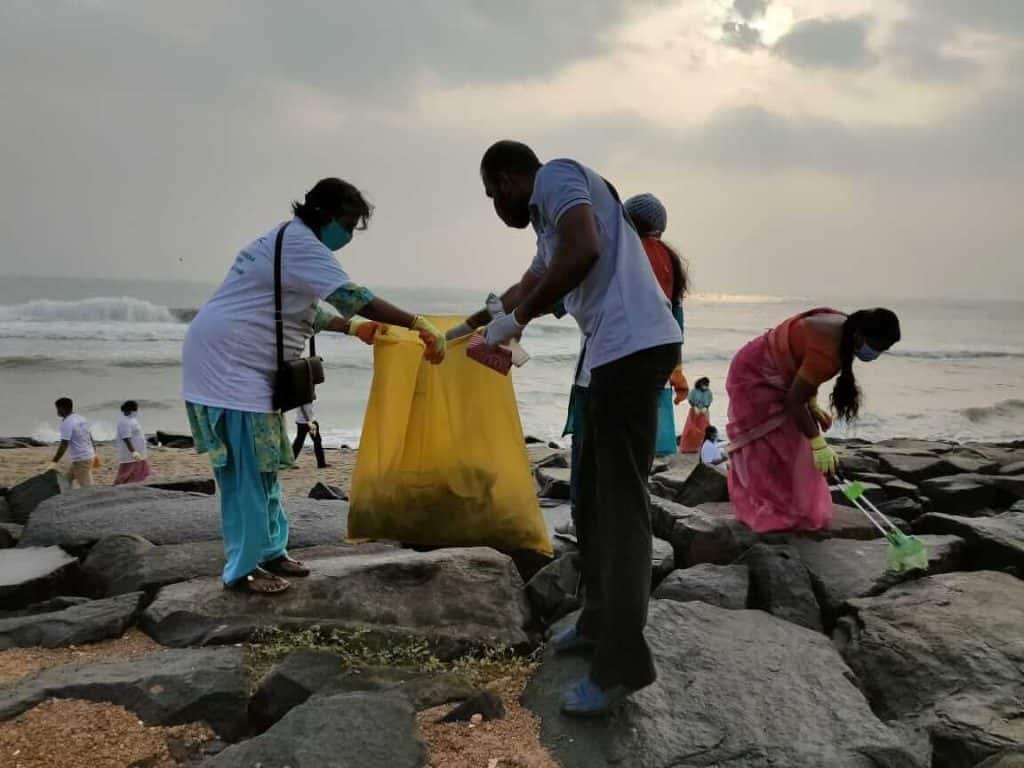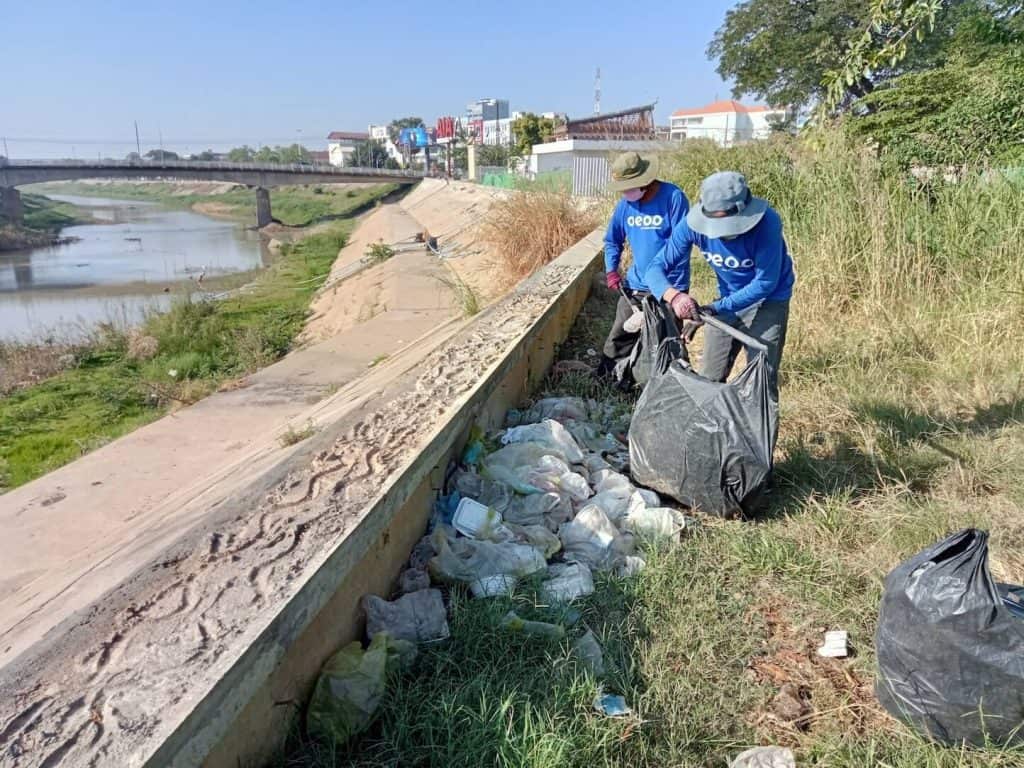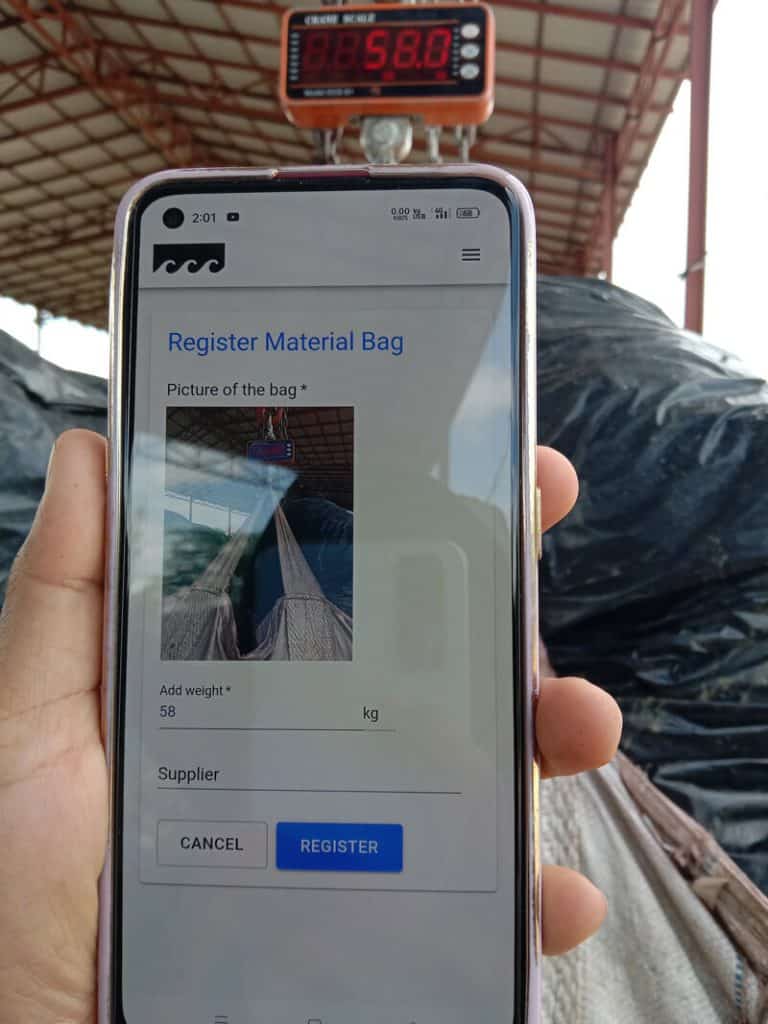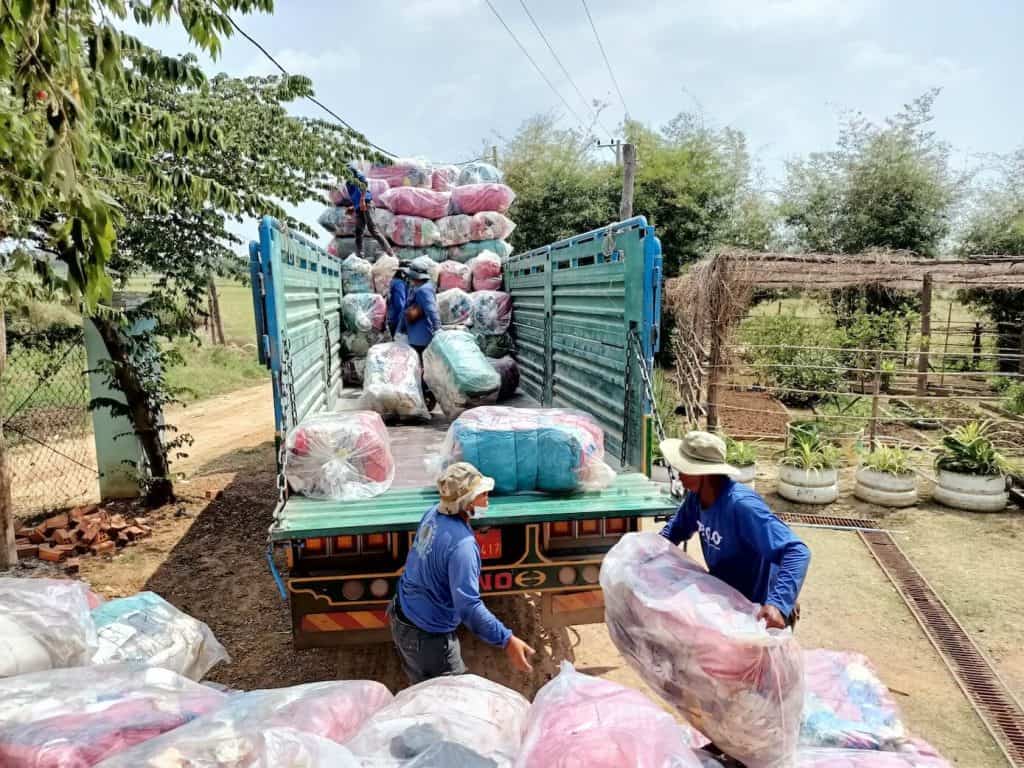Our commitment to the environment
MedReleaf Australia has partnered with CleanHub to offset a portion of our plastic use. Through this partnership, we are funding the collection of plastic waste to prevent it from polluting our oceans.
While MedReleaf Australia uses plastic in its operations, we understand its environmental impact and are taking action. We’d love to go plastic-free as a company someday, but strict medical regulations mean this is something we unfortunately won’t achieve at this time.
Meanwhile, we’re taking responsibility by funding and advancing plastic recovery in coastal communities primarily in South Asia and South East Asia, which is the gateway for more than 80% of all plastic that enters our oceans.
Unlike alternative approaches that focus on cleaning up plastic that’s already in the sea, CleanHub proactively helps local communities set up collection systems to prevent waste from entering waterways in the first place. This initiative not only makes our oceans cleaner, but also provides hundreds of sustainable jobs for local communities, including dignified jobs for women.


MedReleaf Australia cares about the environment and have committed to collect 5000 kg of plastic waste in 2025 to prevent pollution.
Throughout the entire plastic waste management process, CleanHub’s local collection partners use tracking and tracing AI technology to document the quantity of waste collected. All plastic collected is processed in the most environmentally sustainable way available.


FAQs
Why did MedReleaf Australia decide to embark on this initiative?
Although plastic is necessary for our operations, MedReleaf Australia acknowledges its environmental implications and are actively taking steps to address this concern. Our decision to partner with CleanHub reflects our commitment to offsetting our plastic use. By joining forces with CleanHub, we are taking responsibility for our environmental impact and contributing to the fight against the plastic crisis, with a focus on regions most affected.
How does CleanHub’s collection work?
Recovering plastic from the environment involves three distinct operations. Firstly the collection of the plastic, secondly the sorting of plastic into its unique types and thirdly the safe and final processing treatment. CleanHub digitises the recovery of all plastic waste from start to finish. Their Collection Hubs use technology to track the full collection process, which means we can verify every piece of plastic that is collected.
Why are we collecting plastic in Asia and not Australia?
To have the greatest impact, CleanHub strategically targets countries with inadequate plastic waste management infrastructure. Australia already has advanced waste management, so CleanHub choses to operate in countries that lack comparable systems. Due to a lack of adequate plastic waste management infrastructure, regions like South Asia and South East Asia serve as the entry point for over 80% of plastic entering our oceans. CleanHub actively funds and facilitates the development of local plastic waste management systems in these areas, aiming to reduce plastic mismanagement and ultimately stop plastic from entering the oceans.
Where exactly is the plastic collected from?
CleanHub operates in regions where people don’t have access to proper waste management systems, so plastic that can’t be recycled is often openly burned in small backyard fires or in landfills, or it is carried away into nature by the monsoon or strong winds. To address this issue, the majority of CleanHub’s plastic efforts are household and door-to-door collection or other smart ways to aggregate waste in one point, as this has the biggest impact on our planet’s health. CleanHub also finances projects with passive technologies that catch plastic in rivers. The smallest fraction of plastic collection stems from beach cleanups or is directly sourced from the ocean.
What kind of plastic collection has the biggest impact on our oceans?
80% of the plastic waste that ends up in the oceans is so-called flexible packaging or multilayer packaging, like chip packets, sauce sachets, etc. This material is either impossible to recycle or there is no demand from the market for the products (unlike water bottles which are commonly collected as they can be recycled, and so have ‘value’). While CleanHub does collect all plastics, they focus on non-recyclable plastic to maximise their impact on the environment.

